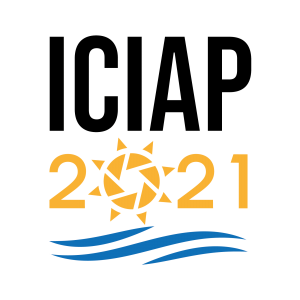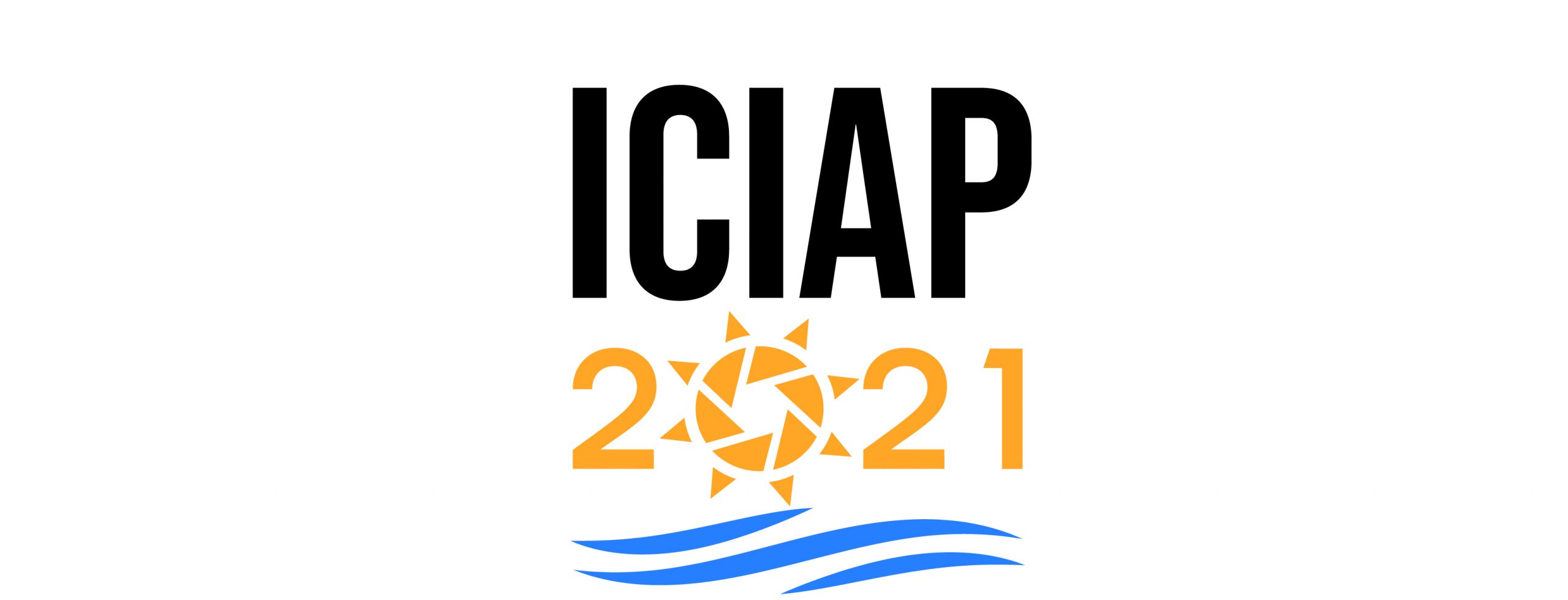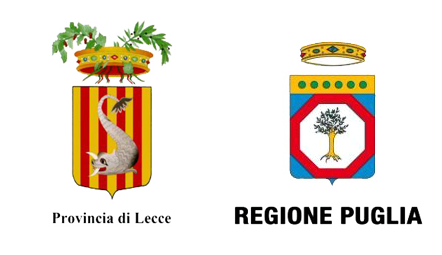INVERSE COMPUTATIONAL SPECTRAL GEOMETRY

ABSTRACT |
| In the last decades, geometry processing has attracted a growing interest thanks to the wide availability of new devices that make 3D digital data available and manipulable to everyone, at the cost of a few drawbacks. Typical issues include the variety of discrete representations for 3D data (point clouds vs polygonal meshes), or the type of deformation this data may undergo. Powerful approaches to address these issues come from looking at the spectral decomposition of the Laplacian, which provides a rich, informative, robust, and invariant representation of the 3D objects. Reasoning about spectral quantities is at the core of spectral geometry, which has enabled unprecedented performance in many tasks. The focus of this tutorial is on *inverse* computational spectral geometry. Here, the interest shifts from studying the “forward” path typical of spectral geometry pipelines (e.g. computing Laplacian eigenvalues of a shape) to studying the inverse path (e.g. recovering a shape from given Laplacian eigenvalues, or “hearing the shape of the drum”). The ill-posed nature of the reverse direction requires additional effort, but the benefits can be considerable as showcased on several challenging tasks. The purpose of the tutorial is to overview the foundations and state of the art on inverse spectral geometry. The tutorial is aimed at a wide audience with a basic understanding of geometry, and will be accessible and interesting to students, researchers and practitioners. |
SPEAKERS |
|
Prof. Emanuele Rodolà (PhD 2012, University of Venice, Italy) is Full Professor of Computer Science at Sapienza University of Rome, where he leads the group of Geometric Learning & AI funded by an ERC Starting Grant (2018–) “SPECGEO – Spectral geometric methods in practice” (directly related to the topics of this proposal). Previously, he was a postdoc at USI Lugano (2016–2017), an Alexander von Humboldt Fellow at TU Munich (2013–2016), and a JSPS Research Fellow at The University of Tokyo (2013). He received a number of awards, including Best Papers at 3DPVT 2010, VMV 2015, SGP 2016, 3DV 2019, he has been serving in the program committees of the top rated conferences in computer vision and graphics (CVPR, ICCV, ECCV, SGP, EG, etc.), founded and chaired several successful workshops including the workshop on Geometry Meets Deep Learning (co-located with ECCV/ICCV, 2016–2019), gave tutorials and short courses in multiple occasions at EUROGRAPHICS, ECCV, SGP, SIGGRAPH, SIGGRAPH Asia, and was recognized (9 times) as IEEE Outstanding Reviewer at CVPR/ICCV/ECCV. He spent visiting periods at Stanford, Harvard, Ecole polytechnique and Technion among others. His research interests include geometric deep learning, spectral geometry processing, abstract reasoning and interactions thereof, and has published around 80 papers on these topics. Dr. Riccardo Marin (PhD 2021, University of Verona, Italy) is currently a post-doc at Sapienza University of Rome (Italy). He was a visiting student at the École Polytechnique (6 months). He graduated in Computer Science at the University of Verona. He has served as a reviewer for top conferences and journals in Computer Graphics, Computer Vision and Machine Learning (IJCV, TCGV, ICLR, ICML, NeurIPS, CVPR, SIGGRAPH), obtaining three Outstanding Reviewer Awards (3DV 2020 and 2021, and ICLR 2021). His main research interests are Geometric Deep Learning, Geometry Processing, 3D spectral shape analysis, and Virtual Humans, and he gave short courses, talks, and tutorials in these topics. He obtained a Best Student Paper Award at 3DV 2020, and he collaborates on projects funded by ERC and Google. Prof. Luca Cosmo (PhD 2016, University of Venezia, Italy) recently became Assistant Professor of Computer Science at University of Venice after spending almost two years as post-doc at Sapienza University of Rome (Italy). He also has a research fellowship with the University of Lugano (Switzerland) where he held a one year post-doc position in 2019 under the supervision of Prof. Michael M. Bronstein. From 2016 to 2019 he was a post-doc researcher at the University of Venice and co-founded a start-up working on geometry processing for industrial products inspection. He has been serving in the program committee and as a reviewer for top conferences and journals in computer graphics and computer vision (CVPR, ECCV, SGP, EG, 3DV, etc.). He gave short courses and tutorials in geometry processing related topics at 3DV and SIAM conferences. His research interests span various topics in geometry processing and machine learning, with a particular focus on spectral geometry processing and geometric deep learning. He has authored several high impact publications on these topics in leading journals and conferences. |



